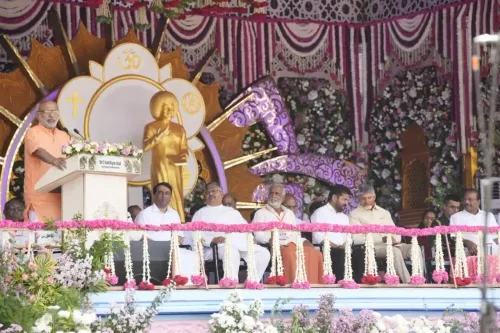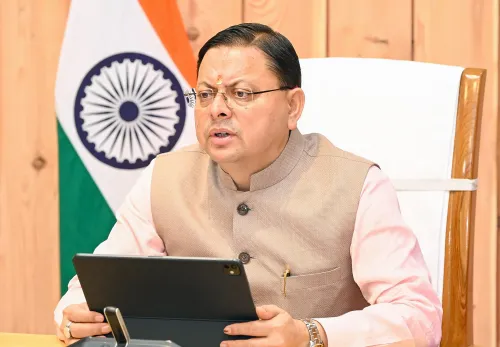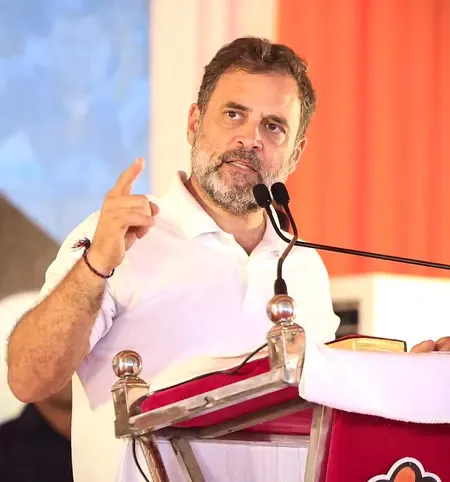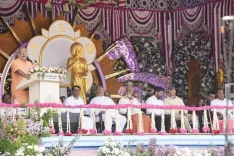Why are Left parties and VCK opposing the Centre's new Labour codes?

Synopsis
Key Takeaways
- The new labour codes have replaced 29 existing laws.
- Left parties argue these changes favor corporations over workers.
- Protests are scheduled for December 8 across various districts.
- Critics warn of increased job insecurity and reduced protections.
- States governed by non-BJP parties are resisting the implementation of these codes.
Chennai, Nov 23 (NationPress) Four prominent Left and progressive factions, namely the CPM, CPI, VCK, and CPI(ML) Liberation, have vehemently criticized the Union government's newly implemented labour codes, labeling them as a significant attack on workers' rights and a major setback for India's labour movement.
In a collaborative statement issued on Sunday, CPM state secretary P. Shanmugam, CPI state secretary M. Veerapandian, VCK president Thol Thirumavalavan, and CPI(ML) Liberation state secretary Pazha Asaithambi called upon workers, trade unions, and the general populace to engage in statewide demonstrations on December 8, demanding the immediate repeal of these codes.
The parties highlighted that the Centre has replaced 29 long-established labour laws with four comprehensive codes addressing Wages, Industrial Relations, Occupational Safety, and Social Security, a maneuver they deemed as corporate-friendly reform aligned with the Hindutva agenda.
They cautioned that this new framework would dismantle the labour protections achieved after more than a century of struggle and significantly undermine wage security, job stability, and welfare provisions.
They accused the Centre of forcefully introducing the labour codes during the Covid-19 lockdown, describing it as an undemocratic move intended to benefit corporate interests amid widespread adversity.
The new regulations, they argued, grant employers excessive powers. For instance, increasing the threshold for prior government approval to close establishments from 100 workers to 300 would strip many workers of essential legal protections.
Furthermore, the redefinition of worker categories is seen as a dilution of existing safeguards, dismissing the Centre's assertion that unorganised workers would gain benefits as unfounded.
They warned that provisions for fixed-term employment would hasten the transition from permanent jobs to precarious, temporary contracts.
Weak social security measures and diminished regulatory oversight, they claimed, would exacerbate exploitation in both the organized and unorganized sectors.
Trade union rights, such as the right to organize and strike, also face direct threats.
The parties contended that the government's focus on “investor confidence” primarily serves corporate profit, noting the dramatic increase in the number of dollar billionaires from 70 in 2014 to 358 in 2025, even as unemployment rates soared.
With nearly 11 crore migrant workers undertaking extensive journeys in search of employment each year, they asserted that the rise in inequality is indisputable.
Additionally, they pointed out that states like Tamil Nadu, Kerala, and several others not governed by the BJP have yet to establish rules for the labour codes, accusing the Centre of disregarding state objections and undermining federal principles.
Encouraging widespread involvement, the Left parties and VCK urged workers and the public to participate in district-level protests on December 8 to safeguard labour rights and oppose what they term an “anti-worker, pro-corporate” overhaul of India's labour laws.









